A collision between two black holes allowed for the first detection of gravitational waves.


A collision between two black holes allowed for the first detection of gravitational waves.
The role of NGOs in China’s climate change governance, and in environmental issues more generally, is fundamentally different than that of its counterparts in Western countries in many respects.
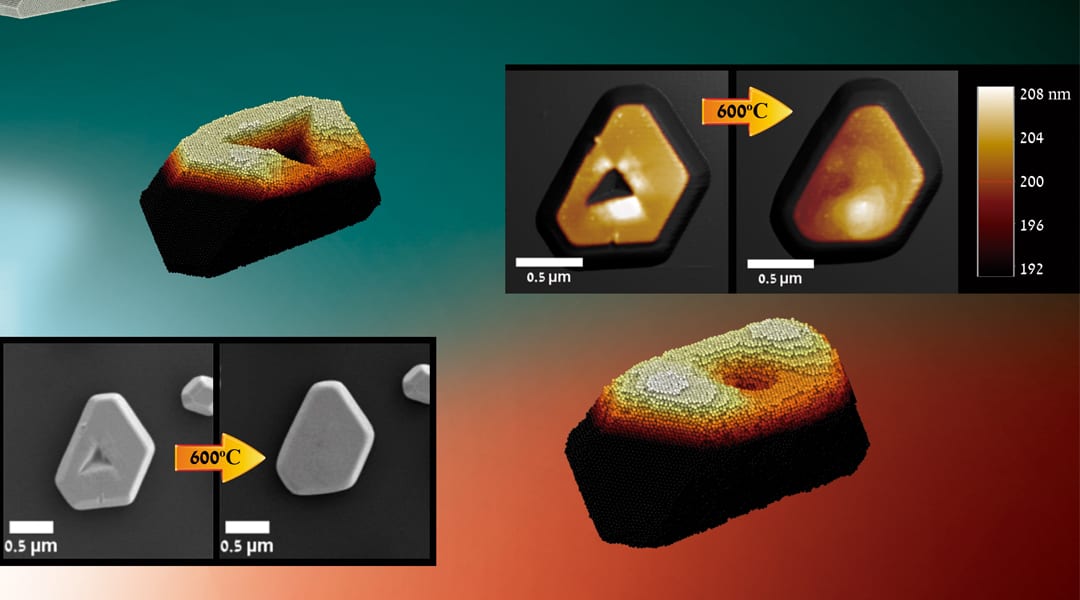
The combination of two irreversible processes is shown to lead to damage recovery and reversible restoration of particle shape.
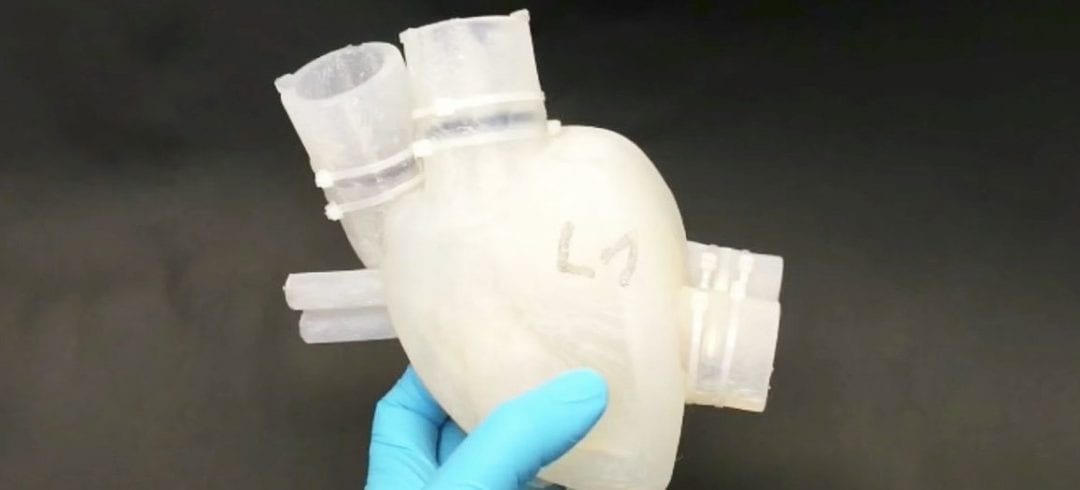
ETH researchers have developed a silicone heart that beats almost like a human heart.
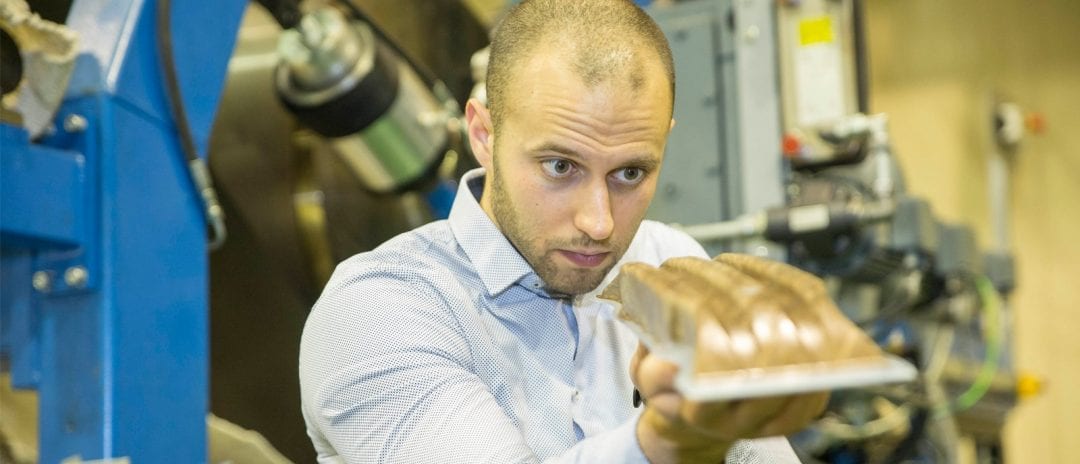
Chemnitz scientists develop bio-based fiber-plastic-compounds for a future sustainable large-scale production.

Our global community has been tasked to define and implement a Manhattan style strategy for reducing CO2 emissions at the gigatonne scale. The vision to accomplish this heroic goal is a holistic paradigm, which makes use of all the technologies in the CO2 utilization...
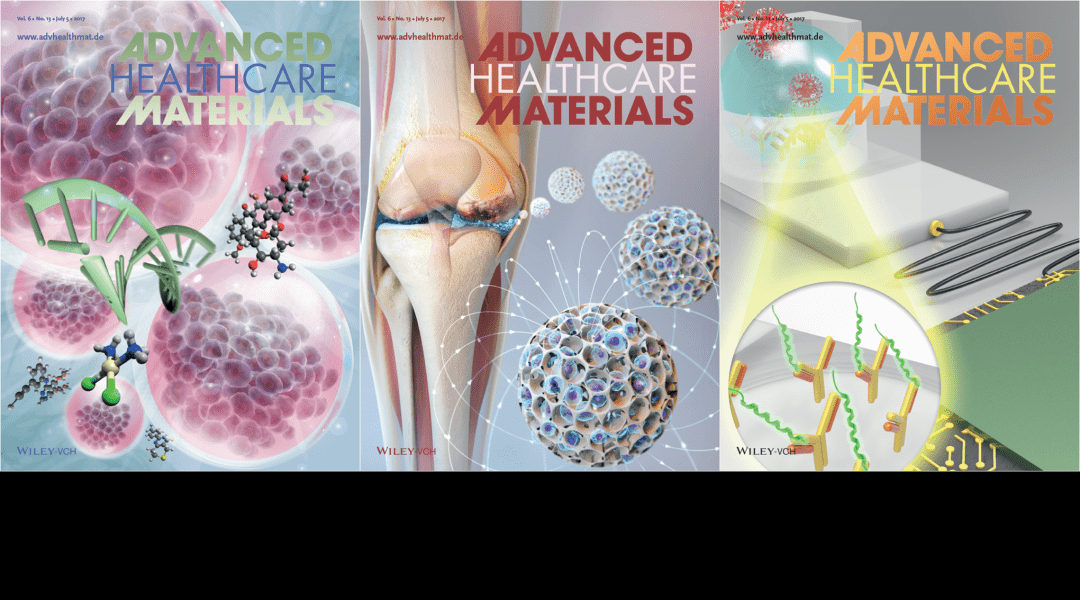
This week’s Advanced Healthcare Materials covers.
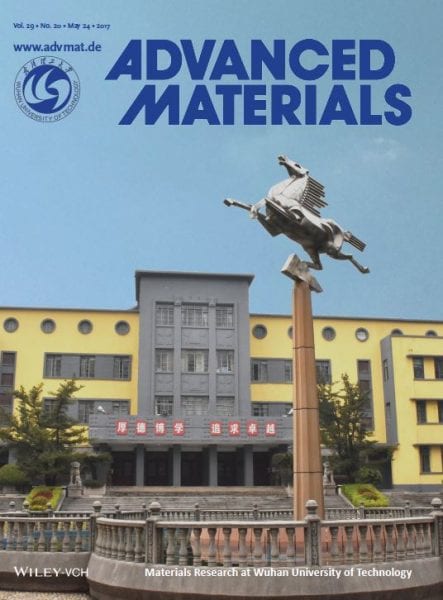
Issue 20/2017 of Advanced Materials brings together a collection of review-type articles to highlight materials research at Wuhan University of Technology.
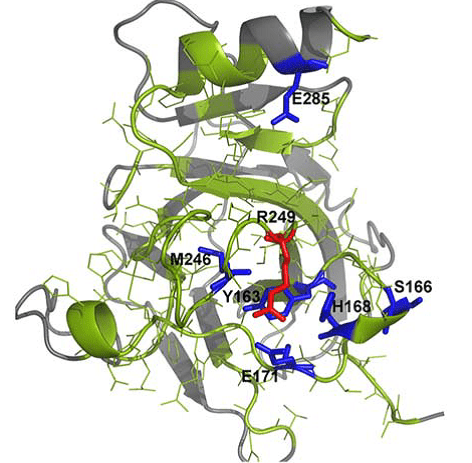
The electrostatic potential of proteins determines their ability to interact with specific biological targets. A recent article discusses the application of a novel tool (Mutantelec) in understanding mutations in the tumor suppressor protein p53 and its consequence.s
In a recent review, the hydrological cycle of the small lakes within Burabay National Nature Park (BNNP), Northern Kazakhstan are studied, which are very sensitive to climate change and anthropogenic influences.